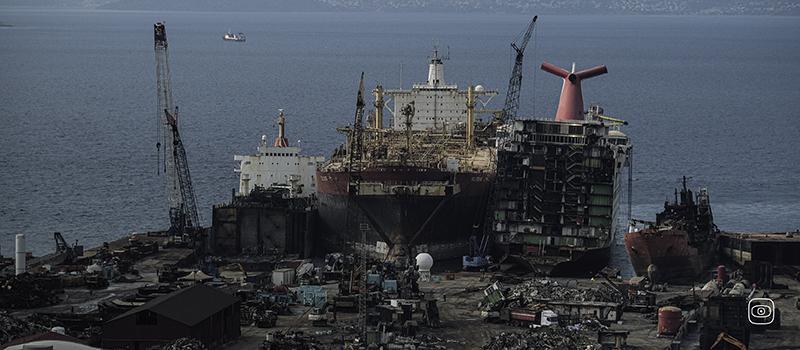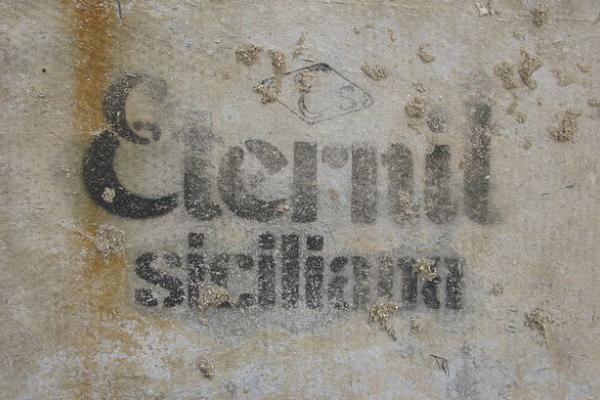The installation of asbestos in ships has been prohibited 2011, however the issue remains problematic: the project sheds light on the current situation.
Shipbreaking is still a costly activity, so it is much more convenient for shipowners to carry out in countries such as Bangladesh, India or Turkey.
In May 2023, the EU’s Directorate-General for the Environment approved Kılıçlar ship breaking yard as a suitable recycling facility despite known asbestos issues. Alarmingly, such breaches in Aliağa, a shipbreaking hub, are widespread, with reports of several fatal accidents even in EU-approved yards. Videos show them mishandling these hazardous materials, and an expert predicts they will develop lung diseases within a decade.
Asbestos inhalation can lead to severe respiratory problems, including cancer, emphasising the need for specialized protection. The EU claims that asbestos causes 78% of occupational cancers. Despite this, many industries, especially shipbreaking, often neglect safety standards.
The EU established a list in 2013, restricting European shippers from using unapproved ship breakers, but inspections are easily predictable. Workers not only risk asbestos exposure but also face threats from other toxic substances. Activists are pushing the EU to increase oversight and ensure safer shipyard working conditions.
Beside the impact on health, the asbestos in the shipping industry is problematic for the environment, given the difficulties of recycling.
The cross-border investigation on ‘Asbestos in Ship’ is coordinated by Investigative Reporting Denmark, editorial coordination is done by IRPIMedia from Italy. Investigations is done by IRPIMedia, The Black Sea, Investigative Reporting Denmark, Ostro in Croatia, Reporters Foundation from Poland, Saleem Samad from Bangladesh and panorama story is edited by Katharine Quarmby.
Photo credit: Vedat Örüç


















